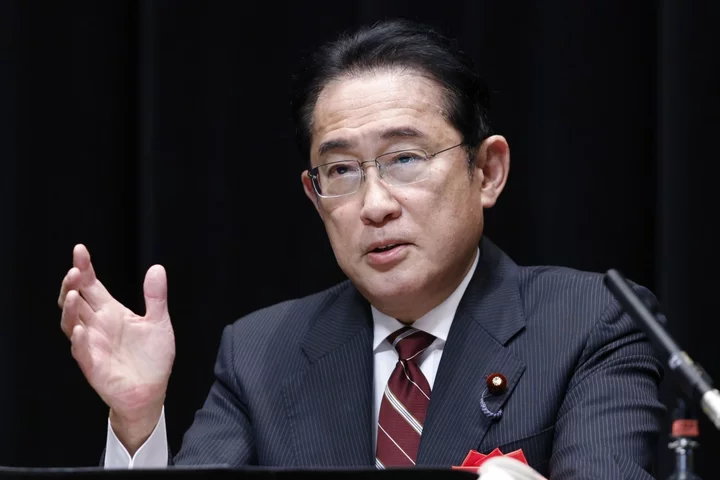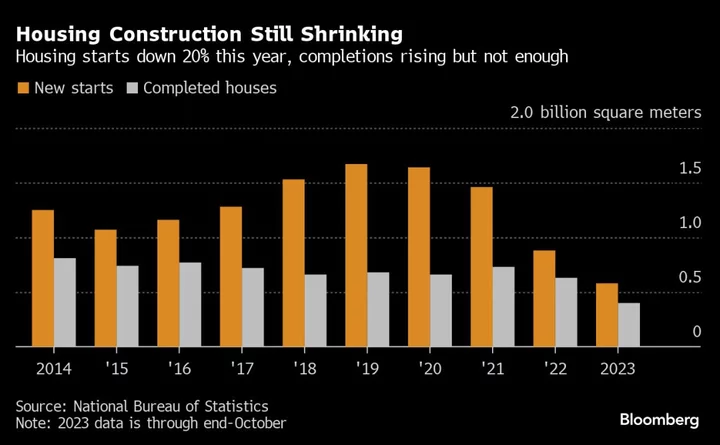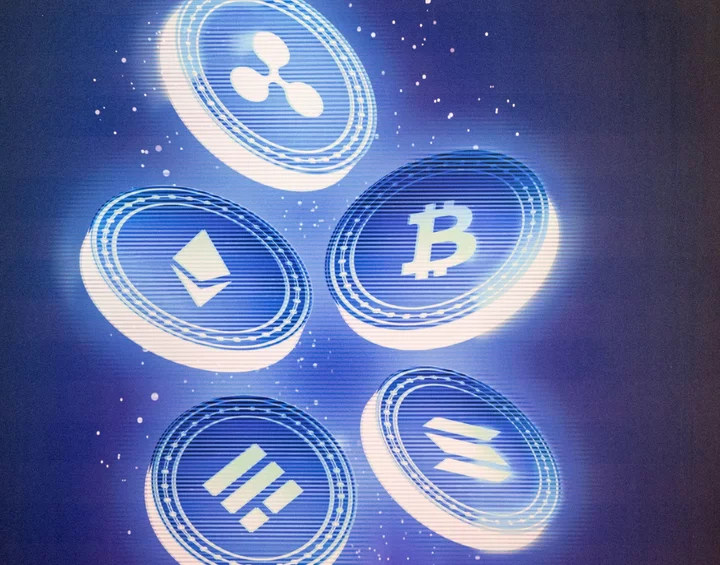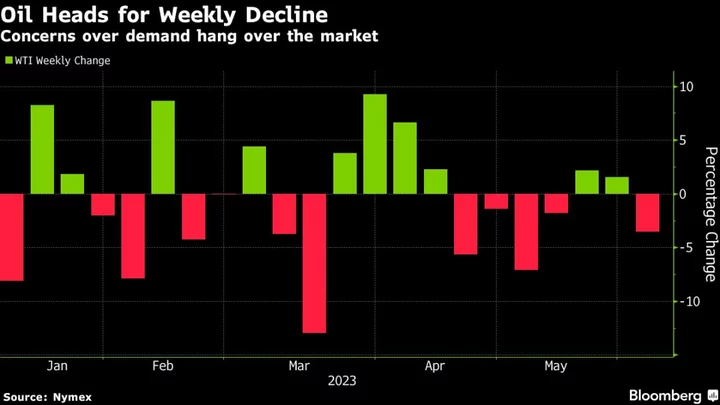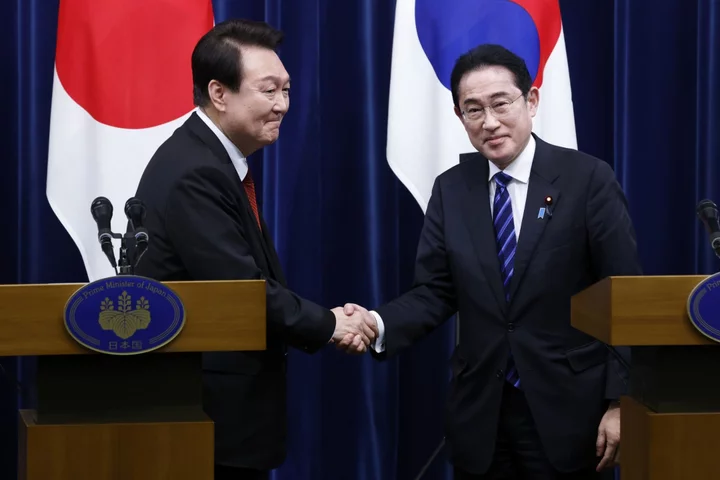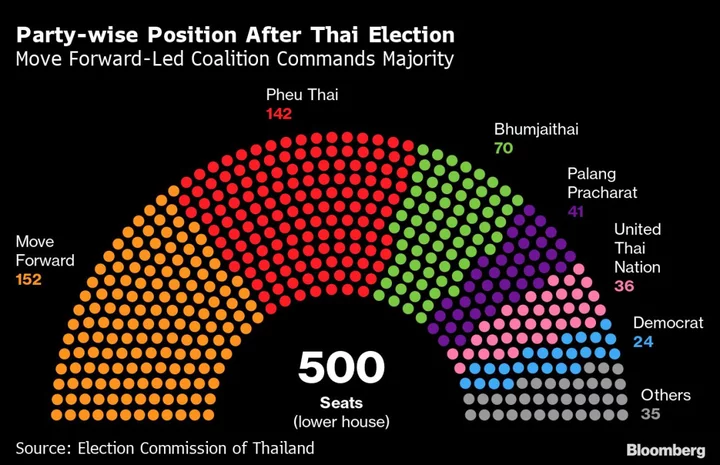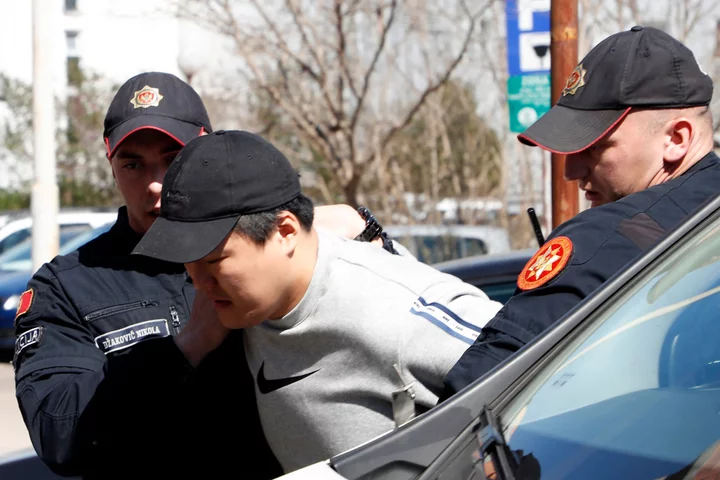Japanese Prime Minister Fumio Kishida promised the public he would fix problems with the introduction of a national ID card that have damaged support for his government and raised concerns about data breaches.
Kishida told a news conference Wednesday he is taking seriously the problems with what is known as the “My Number” card.
“We will work on the complete abolition of the current health insurance cards on the premise that measures to dispel public anxiety will be completed,” he said at the news conference. Earlier in the day, he announced a team to make sure further errors don’t occur.
The ID cards will be a requirement for access to health care from autumn next year, effectively making them compulsory. They are already linked to tax and social security records, and some bank accounts. Despite the data security problems, Kishida’s government has indicated there will be no change to the schedule for phasing out the existing health insurance cards.
Unease over cases where people have found their ID cards linked to personal information about unrelated individuals has added to pressure on Kishida, whose support has fallen in a series of recent media polls. The troubles over the card have cut into the likelihood that he would call a general election in the coming months.
The data breaches have led to concerns in the public that the cards could be subject to identity theft or abuse, putting at risk their access to state benefits and sensitive information such as medical records.
A survey by the Mainichi newspaper carried out June 17-18 found approval of the Kishida cabinet had slumped by 12 percentage points on the previous month to 33%. Almost two-thirds of respondents said they were worried about the ID card and 57% said they were against its use for health-care access.
The LDP has been burned before by data breaches over sensitive information when scandals that included lost pension records for millions of people helped push the party from power in 2009 after it had ruled almost constantly since its formation in 1955.
Separately, Kishida said he’s not considering an additional budget now. He said he would carefully monitor multiple factors, including the economic situation and future price trends, then assess the effectiveness of existing stimulus to determine whether a supplementary budget is necessary.
Last year, the cabinet approved an extra budget of 29.1 trillion yen ($205 billion) to partly finance measures such as energy subsidies and cash handout for childcare.
--With assistance from Takashi Hirokawa.
(Updates with news conference.)

